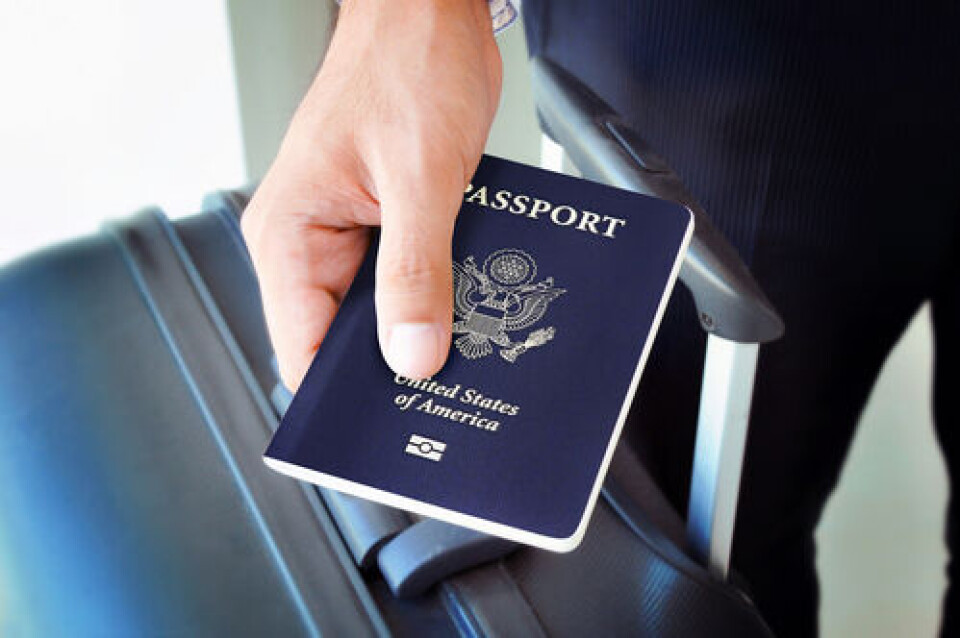-
Will new EU border security rules affect double passport holders?
We look at rules if you have two countries’ passports or two from the same country
-
Second-home owners: French MPs and senators relaunch efforts for visa concessions
French lawmakers push for a simpler process for Britons post-Brexit
-
New French visa processor for Americans: what changes?
Appointments will remain available in 10 US cities
Can Americans extend stay in France 90 days due to 1949 Agreement?
Several blog posts suggest that US citizens can stay in France for an extra three months after their 90 days of visa-free travel in the Schengen area is used up. We explain

Reader question: Is it possible for a US citizen to spend 90 days in the EU and then immediately after spend another 90 days in France, based on a bilateral agreement between the US and France?
Several online blogs make reference to the fact that an old bilateral agreement between the US and France should mean that American citizens can stay for three months in France even after they have used up their 90 days visa-free in the Schengen area.
The agreement that is cited dates from 1949 and does indeed mention the possibility of a US citizen staying in France for three months based on a special agreement. It, of course, makes no mention of the Schengen Agreement, which was concluded in 1985.
What is more, article 20 of the Schengen acquis states that the 90-days rule does not override the right of a country to allow nationals of a certain state to stay on longer based on rules in old treaties that existed earlier.
An official French source has confirmed to The Connexion that the treaty is real and still active:
"It is possible, under a bilateral agreement of 1949, for an American citizen to stay for an additional three months in France beyond the 90 days authorised by the Schengen visa per 180 day period," the source said.
Similar agreements have been concluded between France and other countries over the years.
Based on this, a US citizen could attempt to ask French authorities – for example the prefecture where they intend to stay in France – for the right to stay for three months after they have used up their 90 days Schengen area allowance.
However, Allison Lounes of Your Franceformation, who helps Americans with French visas, previously told The Connexion that she has never heard of anyone relying on this.
She advised against going down this route and said it is best to stick to the 90/180 rule in which US citizens have the right to visa-free travel around the Schengen area for 90 in every 180 days, or apply to come on a visa if they wish to stay longer than this.
Daniel Tostado, a French-American immigration attorney and member of the Barreau de Paris and the New York Bar Association, said that a previous client had raised this question with him before, but he also advised people to stick to the 90 / 180 rule.
He said it is not advisable to stay longer than 90 days without the specific right to do so.
“The first good reason is to not be on the wrong side of the French border control agents,” he told The Connexion.
“They’re not experts in all categories and exceptions of French immigration law, so in order to satisfy them, it’s best to have proof of your right to reside in France for more than 90 days upon leaving France.”
If French border police think you have overstayed your right to be in France, you risk a fine, deportation or even a ban from entering the country / Schengen area.
One option for US citizens looking to stay in Europe longer, other than obtaining a specific visa, is after their 90 days in the Schengen area have expired, to go to a non-Schengen European country for three months, which would re-set their 90 days visa-free Schengen travel right.
Related stories
The EU's 90/180-day rule: How does it work?
Is time in French overseas territories included in 90/180 rule?
Explainer: France’s Brexit residency cards and foreign travel
























